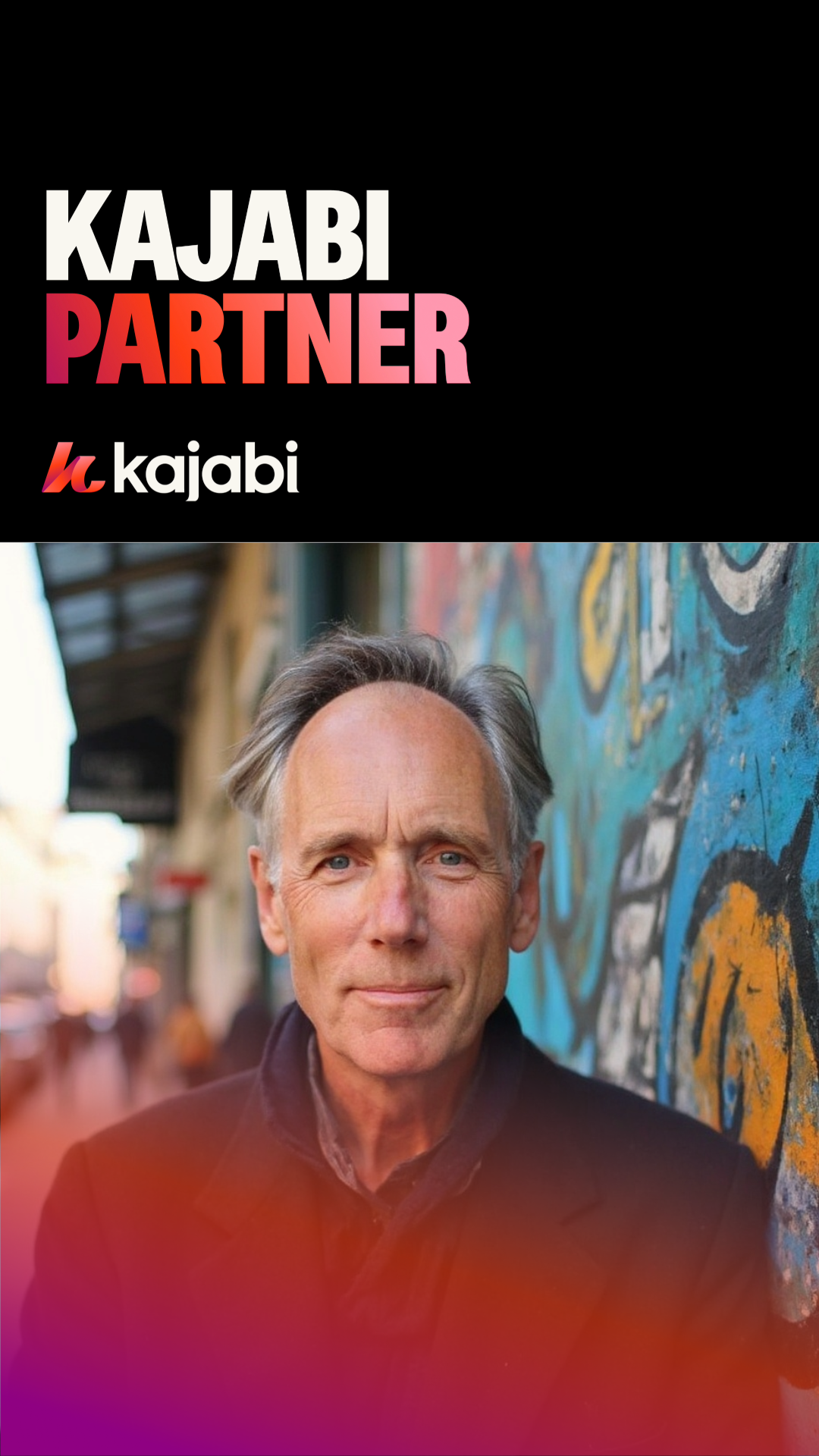Training Your Franchisees to Bring Home the Results You Both Need
If your business model is based upon franchising your business then you'll know just how important franchisee results are. Without their success, you fail!
Any competent franchise will be offering relevant and comprehensive training across the board. In this post, we're summarising the key areas that franchisors need to pay attention to in order to build a worthwhile suite of training options that support their franchisees.
A franchisor training program is one of the major benefits of franchising. It lets franchisees acquire skills rapidly through the initial training program, and then gives on-site and ongoing training to reinforce those skills. It's a major selling point so it needs to deliver on its promise.
Franchisee training enables franchisors to ensure consistent delivery of their brand promise and customer experience from site to site regardless of the market.
General Approaches to Training Your Franchisees
1. The Operations Manual
Creating an operations manual is usually one of the first and most important steps in the development of a new franchise training program. It serves as your quality control mechanism and therefore all training should be linked to its content to form the backbone or 'red line' that runs throughout your training initiatives. It helps connect your franchise vision with the day to day operation of the business and ultimately the customer experience.
The Operations Manual summarises your expertise and what you have successfully learned about running the initial business prior to franchising. It's your business bible containing your hard earned (hard learned) subject matter expertise.
Typical Operation Manual Contents
Generally speaking, a well-prepared franchise operations manual will at the very least address the following:
- The franchise system’s vision, aims and goals.
- The day-to-day procedures the franchisee must follow to ensure a profitable and uniform customer experience. This is critical if the franchise system wants to achieve a uniform and consistent experience across all locations in its system.
- Payroll and accounting details.
- Customer service, including topics such as greeting customers and dealing with complaints.
- HR topics, including staff development and training.
- Advertising and Marketing.
- Safety and security.
- Equipment and Technology.
Ultimately the type of franchise offer dictates the scope of the Operations manual. And don't be fooled into thinking this is one big manual. Often franchisees are supplied with a suite of manuals and supporting documents which can include any number of emails, letters, notifications or publications that support the correct operation of the franchise.
2. Headquarters Training
Before launching its franchise system, a good franchisor will develop a formal training agenda for its pre-opening training course at headquarters. This is a key element of solid franchise training programs and is found in early all franchise operations.
The length of training at your HQ (training centre or other location) can be as little as a week, or as long as several months. it depends on the complexity of the business.
If the training is well designed it will employ multiple learning methods that appeal to the different learning styles we have. This will help increase the retention, improve the transfer of new knowledge and skills to the workplace and make it an enjoyable experience too.
Training usually takes place in a classroom setting and/or in an actual working environment or one that mimics the one franchisees will in their workplace
Whilst at your head office it gives your franchisees the chance to meet with franchisor staff members including management, executives, and owners. This helps to make them feel like they’re part of the franchise family.
3. Onsite Franchise Training
Onsite training follows the initial launch training mentioned above. You'll need a detailed plan as it's likely to cover several days if not weeks of input depending on the complexity of your franchise operation. The overall aim is to assist franchisees and their staff at the franchisee’s location with onsite, on the job training and the practicing of skills within real business processes.
4. Ongoing Franchise Training
Training should then be ongoing and repeated as necessary to ensure that all employees are kept up to date with changes in processes, service levels, new equipment, and technology. The ultimate goal is to deliver a profitable customer experience that builds long-term loyalty. And that means well-trained staff that buy into your franchise brand promise and have the relevant skills, knowledge, and attitude to deliver on it.
For example, before you can even open a McDonald's franchise, you must complete a training course run by McDonald's Hamburger University. The training program is conducted in part at the Hamburger University campus in Oak Brook, Illinois, part online and part in individual McDonald's restaurants. Trainees must complete a range of learning objectives before they can qualify to own a franchise.
The complete training program can take between nine and 24 months depending upon previous experience and can be taken on a full-time or part-time basis.
5. Assessing Competence
With all this investment in training, it's important that your training program also assesses for competence too. You can do this in a number of ways.
For example:
- Using observation checklists.
- Offering training grades.
- Measuring employee satisfaction levels.
- Looking at the percentage of staff that is fully trained.
- Measuring customer satisfaction.
- Improvement of other KPIs impacted by training.
- Kirkpatrick's evaluation methods
Who Needs Training in Your Franchise
The scope of who needs training in your franchise depends upon the nature of your business. Here's a list of the generic roles and type of training to help you think of the range that could apply to you. Use the list to think about who else you need to train within your franchises.
Who Needs to be Trained
- Franchisee and general manager training.
- Employee training for franchisee operations.
- Franchisor field consultant training.
- Train-the-trainer programs to enable franchisees to train their own personnel.
- Train-the-trainer programs to enable field staff to conduct training.
- Unit manager training.
- Multi-unit developer training.
- Franchise sales compliance training.
- International and domestic master franchisee and area representative training.
What Needs to be Trained
- Site selection and construction
- Operational standards and procedures
- Merchandising
- Recruitment and employee training
- Customer service standards
- Marketing, advertising, and public relations
- Financial management
- Administrative tasks
- Sales procedures
- Affiliated suppliers
Franchisee Training is Only Effective When it Delivers Results
Start by developing your operations manual as the cornerstone for your franchisee training. It's your subject expertise bible.
Then assess who needs training and what training they need in the broadest sense.
Then consider the phases in your franchise life-cycle so you can create a simple matrix that defines who needs what and when.
This matrix is your franchisee training overview. At this stage, you will not have developed any actual training content but it will give you a starting point to discuss the next steps. And that is who will develop the training content, what type of training intervention is required (face to face, onsite, e-learning etc.)
Armed with your overview you can then approach experts in course design and training delivery such as The Customer's Shoes to discuss the help you'll need.
Tips to Improve Your Online Franchise Training
In 2017 the Sytner Group were named No.1 Best Big Company to Work For in the UK in The Sunday Times’ Best Companies Awards. This was the eighth year in succession where they had achieved a Top 5 position in the competition. Sytner Group boasts state-of-the-art dealerships across the UK and is the number one retailer for many of the UK manufacturers.
Adherence to franchise operations and standards has been essential and is a key requirement when you represent the world's premium and luxury car brands.
For over 12 years we supplied training course design and delivery consultancy to meet the needs of their New Manager development programs across their prestigious franchise network. Contact us for details on how we can help you develop class leading training programs combining a mixture of online and classroom workshops. Email [email protected]
Schedule a Free Discovery Call
Are you looking for support in planning, designing, creating, publishing or promoting your online courses? Schedule a call and let's explore how we can help you.
GET KAJABI FREE FOR 30 DAYS
Try Kajabi for 30 days for free.

50% Complete
Add Your Details
Add your details and we will email you helpful advice and insights. You can unsubscribe at any time.



